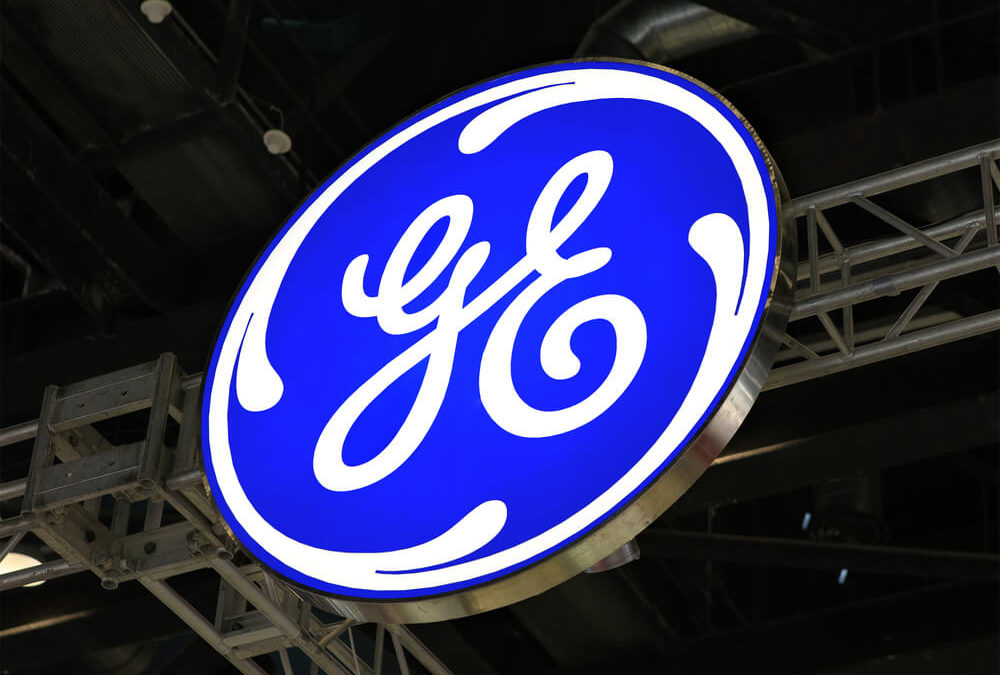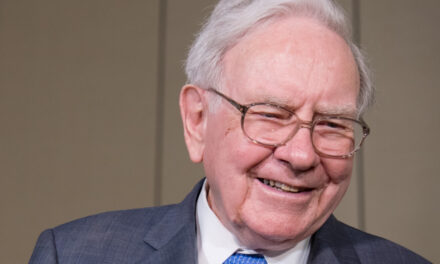General Electric is having issues with debt and the company announced Monday it is freezing pension plans for about 20,000 U.S. employees.
“Returning GE to a position of strength has required us to make several difficult decisions.”
The industrial conglomerate has been selling off assets and streamlining its operations amid sagging profits and other negative developments in recent years, and clearing debt has become a priority for CEO Larry Culp. As of June 30, GE, combined with its financial arm, borrowing had ballooned to $105.8 billion while also carrying $54.4 billion in industrial net debt.
The Boston company said Monday that its actions would trim its pension deficit about $5 billion, down to $8 billion, and net debt by about $4 billion, down to $6 billion. The pension freeze is set to begin Jan. 1, 2021.
GE is also planning to offer a limited-time pension buyout to 100,000 former employees that haven’t started receiving monthly payments from their pension plans.
The Employee Retirement Income Security Act forces some protections on retirement accounts, and GE says it will prepay around $4 billion to $5 billion of its requirements for 2021 and 2022 using funds acquired from selling off some of its other businesses.
The move will also affect supplementary pension benefits for around 700 GE employees who became executives prior to 2011. The company said that retirees already collecting benefits from their pensions will not be affected.
GE’S Chief Human Resources Officer Kevin Cox defended the tough decision in a statement Monday.
“Returning GE to a position of strength has required us to make several difficult decisions, and today’s decision to freeze the pension is no exception,” Cox said.
This is only the latest move by Culp, who has been trying to turn around GE’s prospects since taking over in October 2018 with moves to bring in cash that included selling off Danaher Corp, GE’s biopharmaceutical business, for $21.4 billion and reducing its stake in Baker Hughes. His goal is to reduce GE’s debt-to-earnings ratio to 2.5 times by the end of next year, according to Bloomberg.
The Associated Press contributed to this report.




